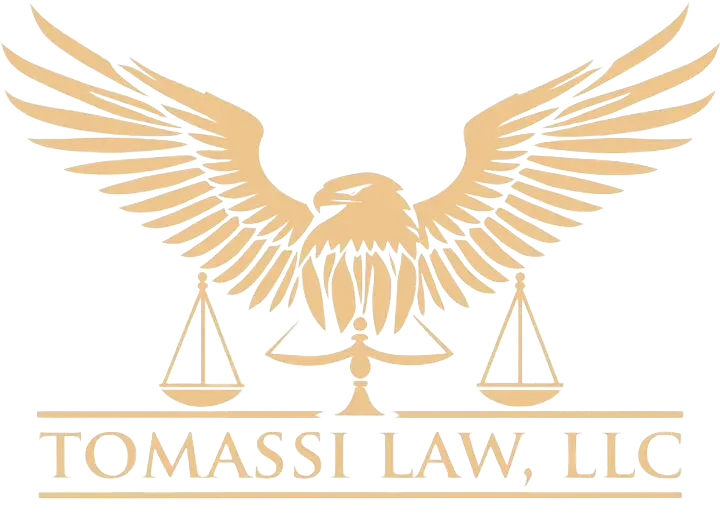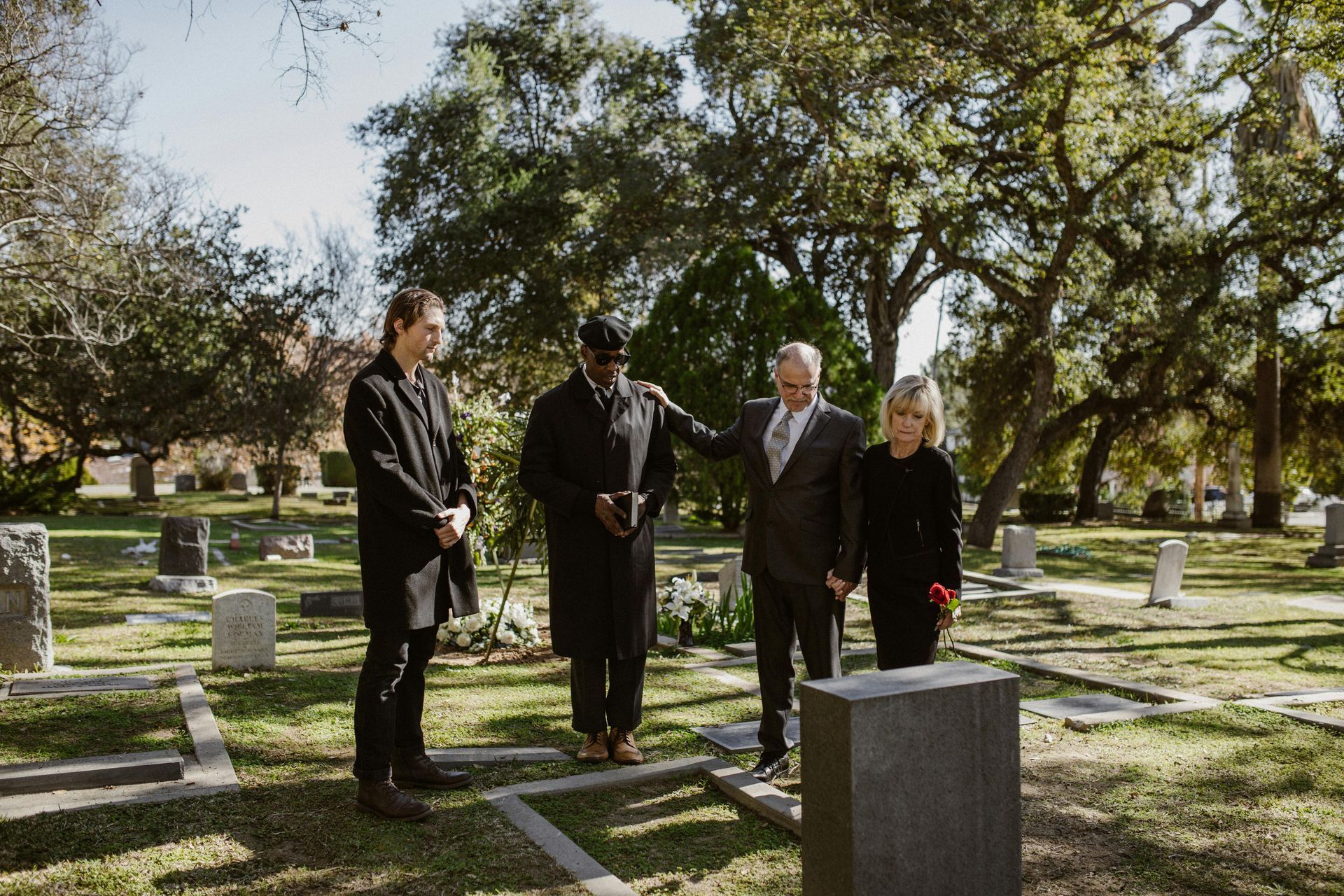Single Car Accidents Liability
What Drivers Should Know About Single-Car Accident Liability
A single-car accident involves one vehicle. The car could hit a stationary object, such as a tree or a concrete barrier at the side of the road. The driver may also leave the pavement after losing control and end up in a ditch or become stuck. Single-car accidents can also involve rollovers or other loss of control incidents.
Most people assume that because there is only one vehicle involved in this type of incident, the driver is always liable. Though reckless, impaired, or inattentive driving may be to blame, it is not always the case. Other factors could be partially or fully to blame for the mishap.
The question of liability in a single-car accident can be important if there is property damage, for vehicle insurance payouts, or medical costs.
Here is what to consider if you have been involved in a single-vehicle accident.
Why Is Liability Important in a Single-Car Accident?
Insurance laws vary by state. Some states require you to have liability insurance to cover any damage that you cause while driving. In others, you may have to pay for any damage you cause out of pocket if you do not have coverage.
Furthermore, depending on the factors involved in the accident, you may be liable for traffic tickets, fines, or charges for reckless driving or driving under the influence of drugs or alcohol.
If you face such charges after a single-vehicle accident, you need to enlist the help of an attorney. You may also need professional legal help if you are injured, or your vehicle is damaged, and you are seeking to establish liability for insurance purposes.
Even if your insurance covers the damages of a single-car accident, if you are found liable, your premiums could rise. This means you will need to pay more for the same coverage each month.
Factors Affecting Liability in a Single-Car Accident
You shouldn't assume that you are liable for a single-car accident, even if the incident involved you losing control of the vehicle. Here are some examples of factors that can affect liability.
Weather
Snow and ice can cause a loss of control, as can wet roads, fog, and high winds. Even sunlight shining directly in your eyes at a low angle can cause vision problems that could lead to a loss of control of the vehicle.
While it is still up to the driver to observe safe driving practices and lower speed in poor weather, in some cases, the accident is beyond the driver's control.
Animals
You may need to swerve to miss an animal that is crossing the highway, or you might make contact with a large creature, such as a deer, and damage your vehicle. If you can establish that you were driving reasonably for the conditions, such an incident may be unavoidable in the eyes of an insurance company.
Vehicle Defects
A loss of control may be due to a malfunction in vehicle either because of defect from the manufacturer or an improper repair job. These flaws may be more common than you think. For example, a recent airbag recall affecting 42 million vehicles is associated with at least 400 injuries.
Road Flaws
Issues with the road, such as potholes, malfunctioning traffic signals, or improper drainage, can also cause single-car accidents. In some cases, the liability may fall on the agency responsible for caring for the roads. In incidents like this, it is essential to document the damage as soon as it is safely possible to do so. If you hire a lawyer, they can help collect such evidence.
Unmarked Hazards
Items that have fallen off other vehicles could cause a single-car accident. This could include cargo from a truck, parts from an improperly maintained car, rubber from a blown-out tire, and glass or metal from a previous accident.
Snow, ice, or water from other vehicles can also cause vision problems or require you to perform an aggressive maneuver to avoid an accident.
The details of accidents involving these factors are very important. Liability may depend on whether or not you were driving responsibly for the given conditions at the time of the accident.
Steps After a Single-Car Accident
Law enforcement officers and insurers may start off with the assumption that you are at fault in a single-car accident. They will check for reckless driving, drugs or alcohol, and distractions, such as a cell phone.
At the same time, you will want a record of the incident, so you should call the police even if you are not injured. In many states, you are required to notify law enforcement if you have been in an accident, especially if there has been property damage.
A police report will document the conditions, location, and damage. They will also record property damage, which can be important if the property owner seeks compensation.
A good lawyer will help you record all the details of the incident. They will define what you were doing and how you were driving before the accident. They can also get statements from witnesses and collect other evidence, such as pictures of defects in the road.
You should not repair your vehicle until it gets inspected. In addition to looking for potential vehicle defects, an expert can use the damage as evidence of what happened during the accident.
This evidence can help establish liability, protect you from charges of reckless or inattentive driving, and introduce factors that law enforcement and insurance investigators might have missed.
How to Ensure Your Rights After a Single-Car Accident
People in single-car accidents have the same rights as victims of multiple-car incidents. An experienced accident and personal injury lawyer can help you establish the causes and factors involved in your accident. They can advise you about issues related to liability and ensure you get the insurance coverage provided by your policy.
Liability laws, accident reporting requirements, and insurance rules vary from state to state, so getting a lawyer with local knowledge is essential to getting a successful resolution to your case.









